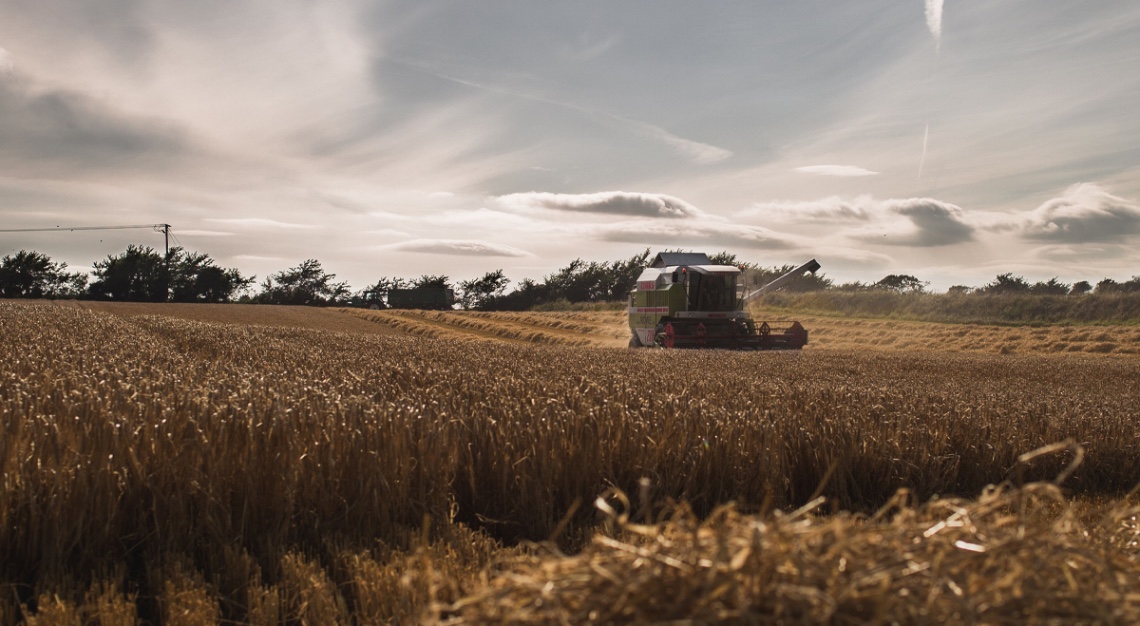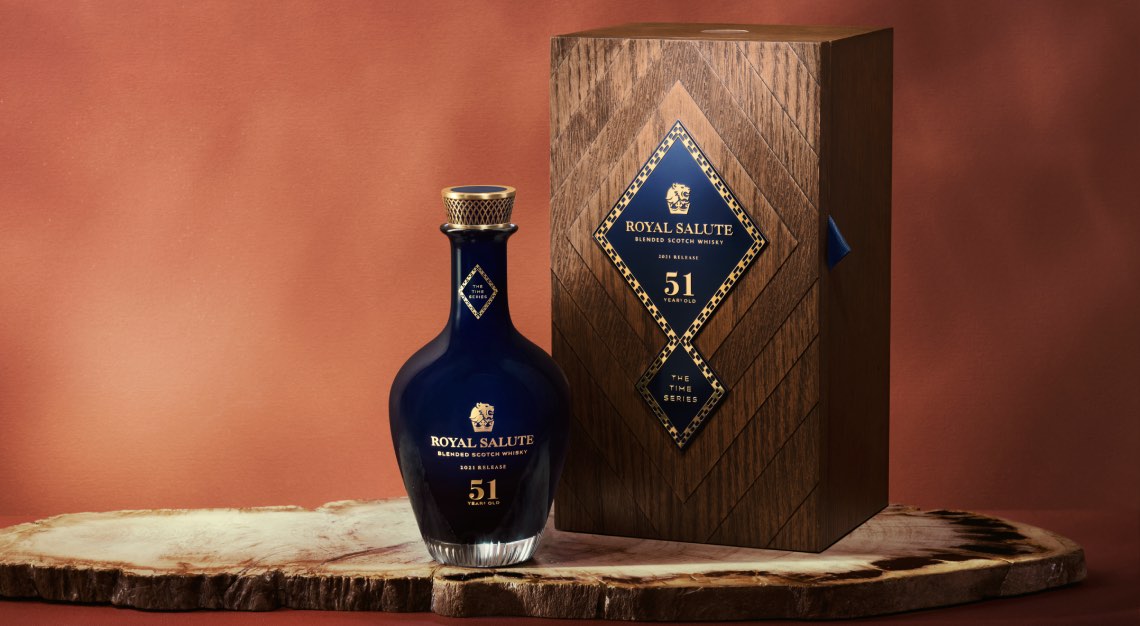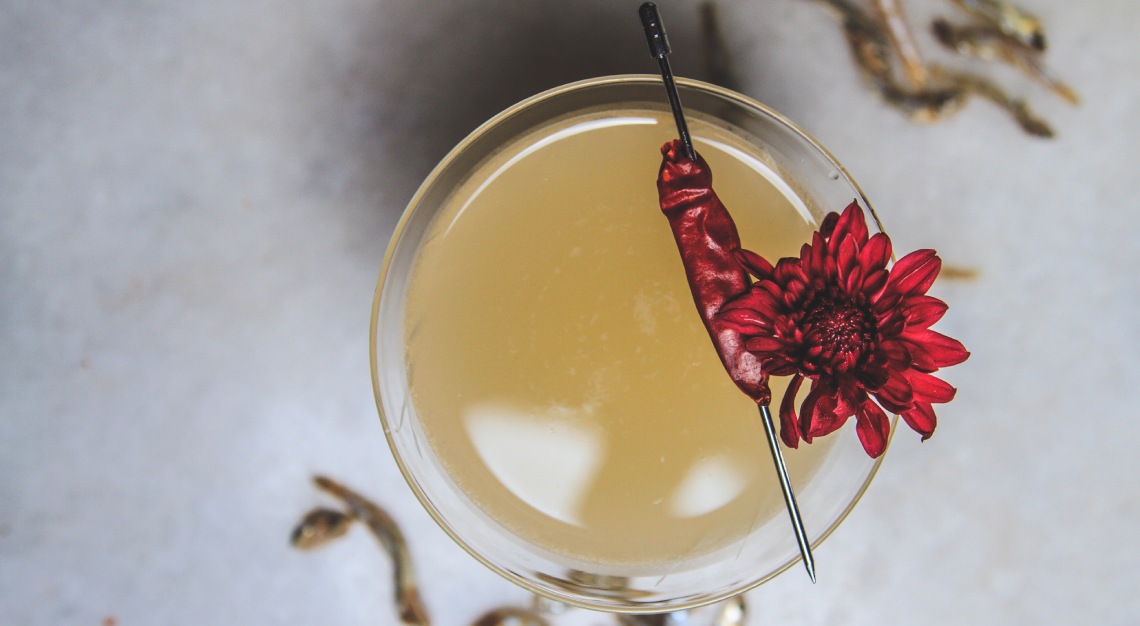Independent distillers are rediscovering the agricultural heritage of whisky, and what ‘organic’ really means
Ask anyone in the wine trade about “terroir” – the concept that land, soil and growing environments influence the character and flavour of wine, spirits, or any other grown product – and they’ll usually have plenty to say. Ask the same to someone in the whisky business and you are pretty much guaranteed a blank expression.
Given that whisky is little more than a cereal grain – be it barley, wheat or another, water and yeast, that seems rather surprising. As the industry has scaled up to meet global demand and processes centralised in the pursuit of efficiency, it may be that the story of where the raw materials come from and how they shape the end product has become an uneasy one to tell.
Reassuringly, however, a revolution of sorts is underway. Led largely – but not exclusively by any means – by independent distillers, are efforts to rediscover the agricultural heritage of whisky. Specifically, we’re talking about going organic.
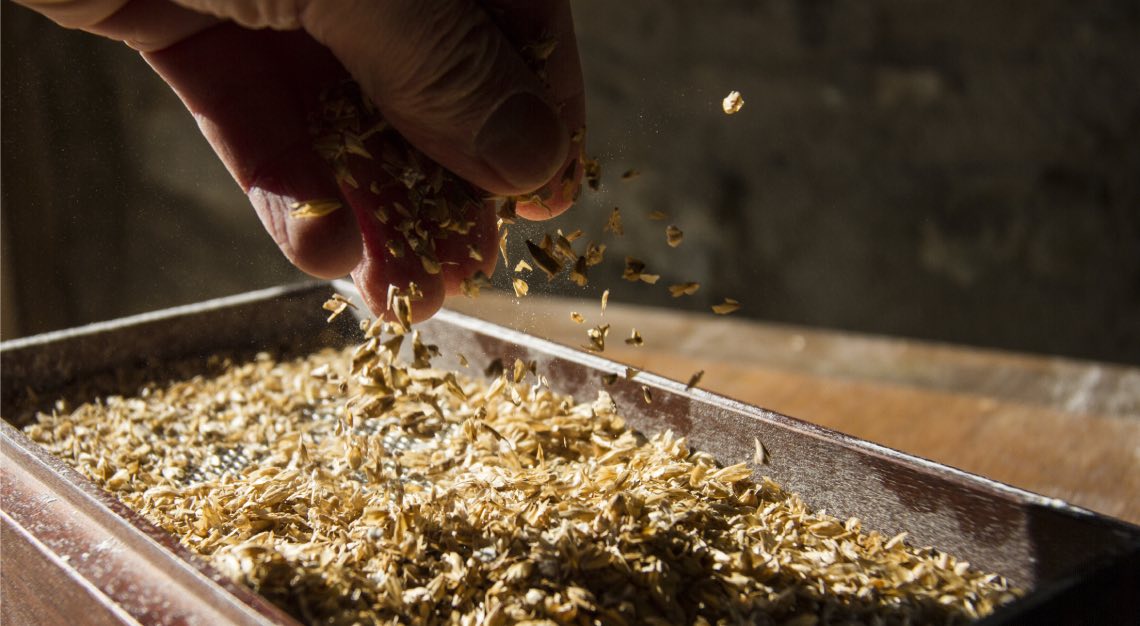
How do you do it?
Keith Cruickshank, distillery manager of Benromach Distillery, Scotland is a natural go-to on the topic. Benromach launched the first single malt whisky to be fully certified as organic by the Soil Association back in 2006.
“For us, producing an organic bottling was about stripping back the whisky and really focusing on the flavours that local, organic grain and virgin oak casks could deliver and proving that crafting whisky in this way was actually possible.” Pre-production, forensic cleaning and a “purging” process is undertaken to cleanse the copper stills and pipework of residue from non-organic distillations. The provenance of the barley used for the organic bottling is pretty sound; Keith’s brother-in-law is the farmer.
Chemical fertilisers are replaced by animal manure which boosts levels of nitrogen in the soil, integral for good harvests of wheat or barley. As land to be used for organic barley production needs to naturally acquire all of the fertility needed to support a steady crop, going organic has seen farmers turn fields over to grass or red clover for a year or two prior to sowing barley. Grass allows for animals; some newly organic farmers have taken on small flocks of sheep to tend to the grassland whilst fertility levels of the soil build up. Throw in a few cattle for good measure (cows eat worms which would otherwise infect the sheep) and the wider ecosystem is left to work together to best care for the land.
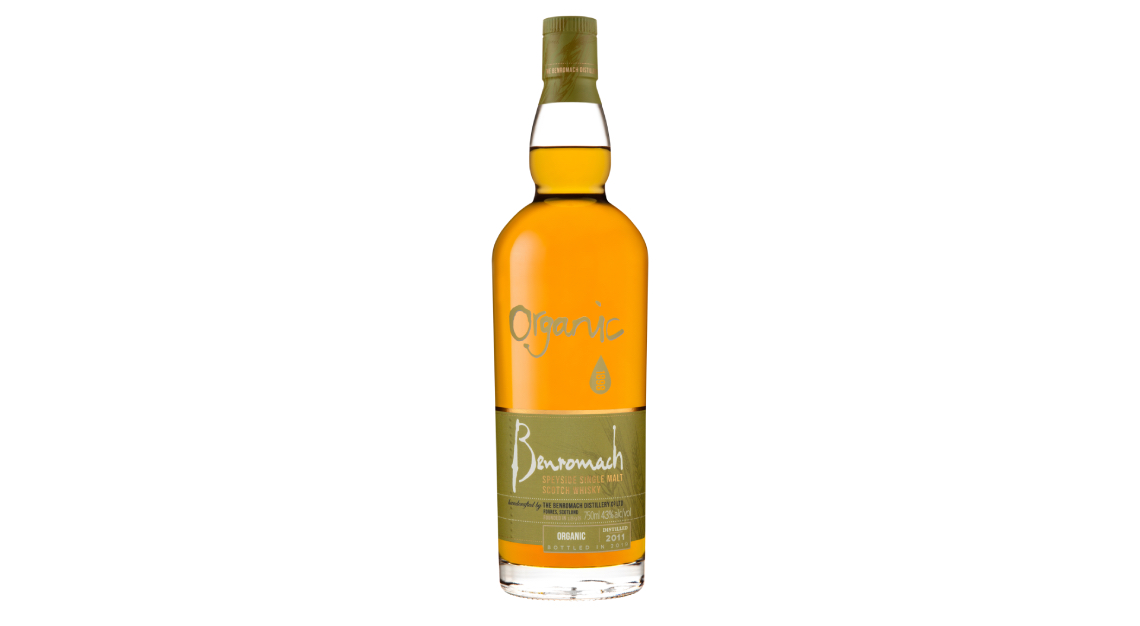
It doesn’t stop with the grain, either. For Benromach’s organic expression, American virgin oak casks are sourced from environmentally-managed forests in Missouri as pre-seasoned bourbon or sherry casks cannot be certified by certain bodies unless their previous contents were also organic.
The use of virgin casks is somewhat of a development itself for the industry; us Scots in particular are infamously frugal so we prefer recycling casks previously used for bourbon, sherry or wine. Fresh wood can be tricky to work with, too. The fruity and floral “new make” spirit that flows from copper pot stills can be overwhelmed by maturation in new oak barrels that often impart overly woody, arguably one dimensional, flavours to the spirit which they hold.
This is, however, where the definition of what isn’t organic gets a bit grey; some distilleries simply wash out and use refill casks to mature their organic spirit which is perfectly permissible under some certifications.
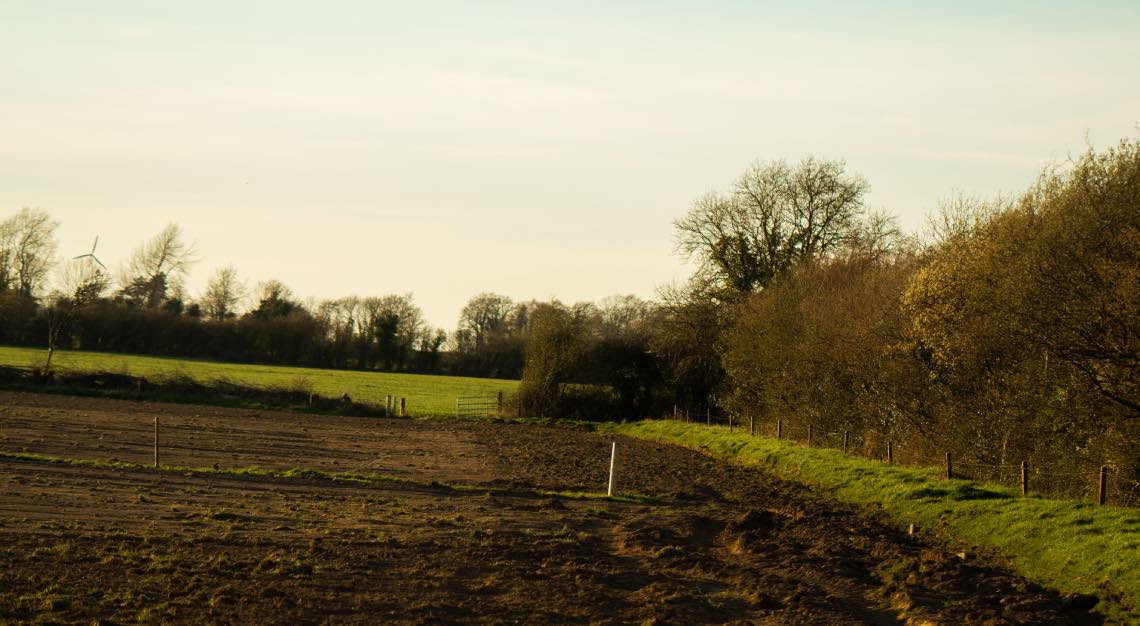
Why bother?
Over in Ireland, efforts to go organic are fronted up by Waterford Distillery in the southeast which is quickly building a reputation for its obsession with provenance, transparency and narrowing down where flavour comes from. “We’re not doing organic just to do an organic whisky or to run some vanity eco project for a cheap marketing hook; we’re chasing flavour. That’s what it’s about. Those small increases, small gains, to get an ever more flavoursome and complex whisky”, Mark Newton of Waterford tells us.
Westwards across the Atlantic, Dr Sonat Birnecker Hart, co-founder of Chicago’s Koval Distillery, likewise stresses the importance of traceability: “we like that there is another layer of transparency for the consumer…we can trace all of our ingredients back to the field on which it was grown.” Whilst Koval has produced single-farm origin bottlings, [the scarcity of certified organic grain and the naturally varying performance of harvests from region to region means that a collaborative of farmers supply the distillery. Similarly, Waterford’s initial difficulty in sourcing organic grain underscores how nascent the movement is. “When we started up in Ireland, there was no organic malting barley to be found… we had to go out and find some farmers who were willing to give it a go,” says Mark.
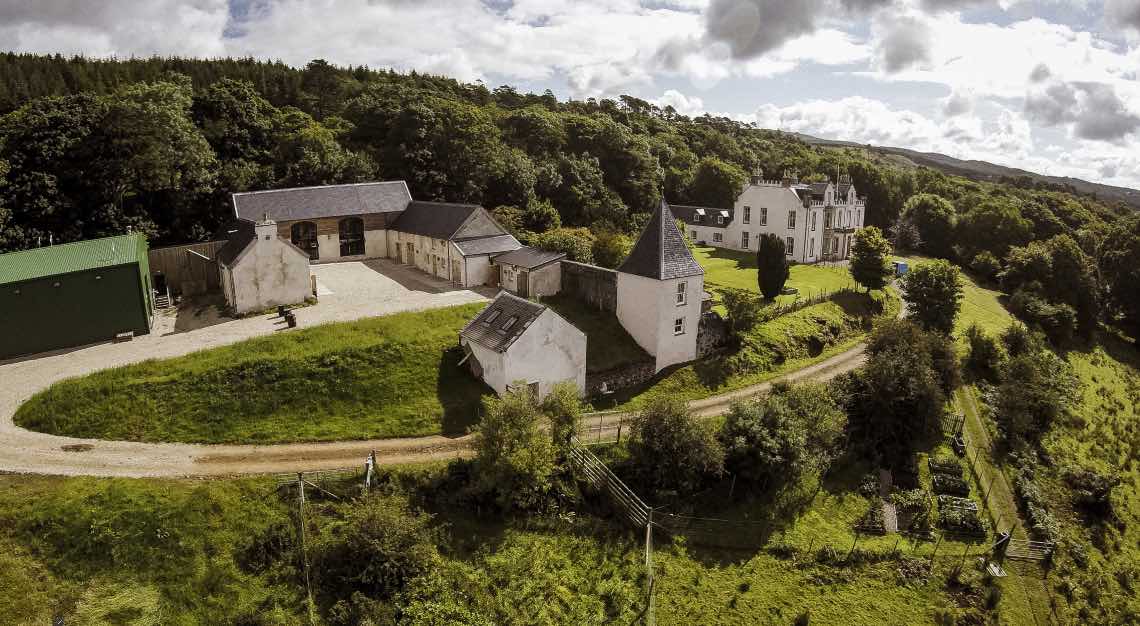
For Nc’nean, a new distillery on Scotland’s west coast and believed to be Scotland’s first that is fully organic, the choice to use organic barley was driven by a desire to distill in the most environmentally sustainable way possible. “We chose it because it, of the options out there at the moment, best protects the environment of the farm – it encourages biodiversity, carbon sequestration in the soil and has less impact on our surrounding water sources”, explains founder Annabel Thomas. For Nc’nean, distilling with organic raw materials fits into a wider sustainability approach designed to cover the entire whisky supply chain; renewable energy powers the estate and every drop of production water is reused.
Does it really influence the character of the whisky?
The impact on the flavour of the resulting whisky is a contentious one. Some distilleries have discounted full scale organic spirit runs on the basis that trials using organic and non-organic grain resulted in no discernible difference in character or profile. The Waterford experience has been rather different. They are also quick to assert the importance of moving beyond the organic vs. non-organic distinction when looking for flavour subtitles. As Mark explains: “Every single distillation we do is subtly different – every farm origin, organic, biodynamic and heritage variety of barley.”
The Koval experience is similar. While Sonat concedes that it is difficult to pin specific flavour variations on using organic or non-organic grain, that’s simply because growing conditions themselves vary wildly: “Differences [in flavour] are really regional, and largely relate to soil and weather conditions.”
That really strikes at the question at hand; the materials and environments from which whisky is distilled are so frustratingly but beautifully idiosyncratic that even distinguishing between organic or not does them little justice. And while going organic may not be a panacea to the indifference to terroir that plagues the trade, it is a very welcome start indeed.
This story first appeared in the January 2021 issue, which you may purchase as a hard or digital copy
